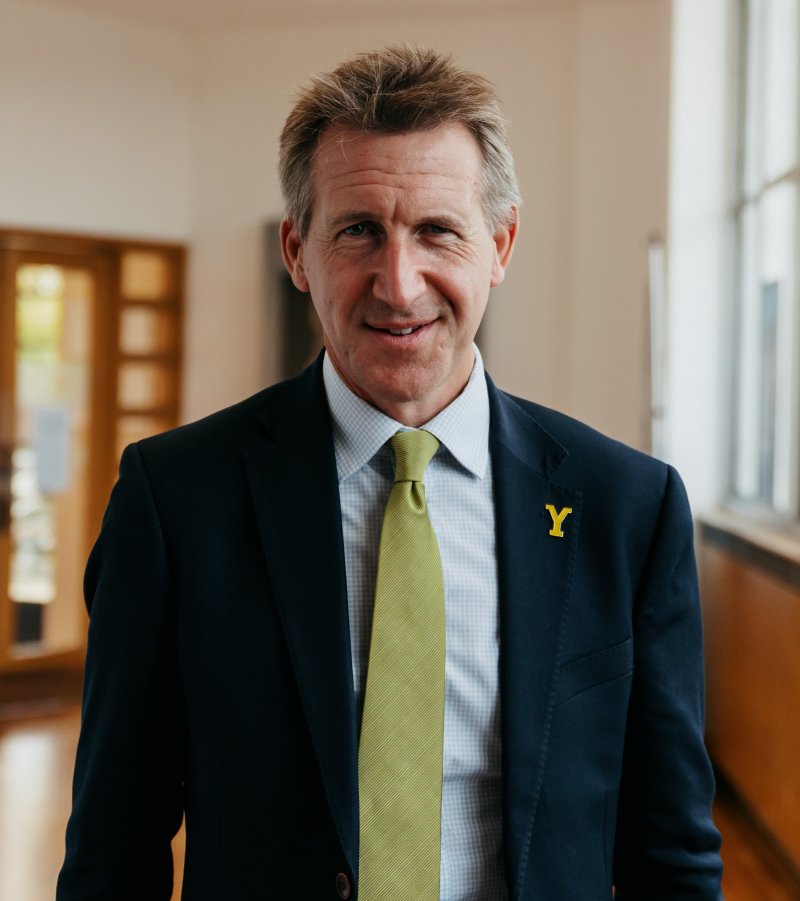BARNSLEY is set to receive a ‘measly’ amount of funding from the government in a bid to tackle rising drug and alcohol addiction rates across the borough, the Chronicle can reveal.
UKAT - an established residential rehabilitation centre located at Linwood House on Wensley Road, New Lodge - said the total allocation of £3.3m works out at only £13 per head to support people struggling with addiction in Barnsley.
The Department for Health and Social Care has allocated £1.15m to Barnsley for addiction treatment strategies for 2023 and 2024, as well as £2.1m for the following year.
Speaking about the funding, Health Secretary Steve Barclay said that the money will ‘help build a much-improved treatment and recovery service which will continue to save lives, improve the health and wellbeing of people across the country, and reduce pressure on the NHS by diverting people from addiction into recovery’.
According to national statistics population census, 244,600 people live in Barnsley, with addiction treatment experts at UKAT arguing that £13 per head will not go far enough.
Nuno Albuquerque, head of treatment, told the Chronicle that the ‘crude’ spend per head won’t be enough, suggesting the funding is insulting.
“Of course, not everyone living in the borough is set to require drug and alcohol help in the next two years, and so the crude spend per head will be greater for those who need it, but not by enough,” Nuno said.
“The government has repeatedly ignored years worth of publicly available reports showing that as councils like Barnsley spend less on drug and alcohol treatment services, the problem in the local area worsens.
“The main bit of good news is the ring-forced pot of money that Barnsley must spend on inpatient detoxification treatment - this is intense but effective treatment that must go in hand with a therapeutic treatment programme, or else the chances of relapse are high.”
UKAT suggests that the government’s extra funding towards drug treatment programmes in Barnsley equates to just £5 per head, causing concern for experts.
Treatment is available for drugs including powder cocaine, ecstasy, prescription drugs and cannabis, with cannabis being the most commonly treated substance among young people, accounting for 87 per cent of the total.
Nuno continued: “The allocation for the annual public health grant from April this year, which also goes towards funding local addiction support services and which has typically been hit with years and years worth of cuts, has yet to be announced.
“It will be interesting to see whether Barnsley Council decides to up their spend on drug and alcohol prevention strategies in order to make an attempt at solving the root cause of the problem, alongside the extra cash they’ve been given to help those most presently in need.”



























